As a hospice volunteer, you will work with a clinical team of a doctor, nurse, aide, chaplain, and social worker. Every Haven volunteer receives free and comprehensive training before working with a patient. You’ll learn about hospice philosophy, grief and loss, health and safety precautions, and how to care for the terminally ill.
Hospice volunteers need to know that hospice work takes its toll. You become friends with people who are going to die, and with the people who love them. You must be able to sit quietly, take a back seat to the events taking place around you, and be a calming presence when that is called for.
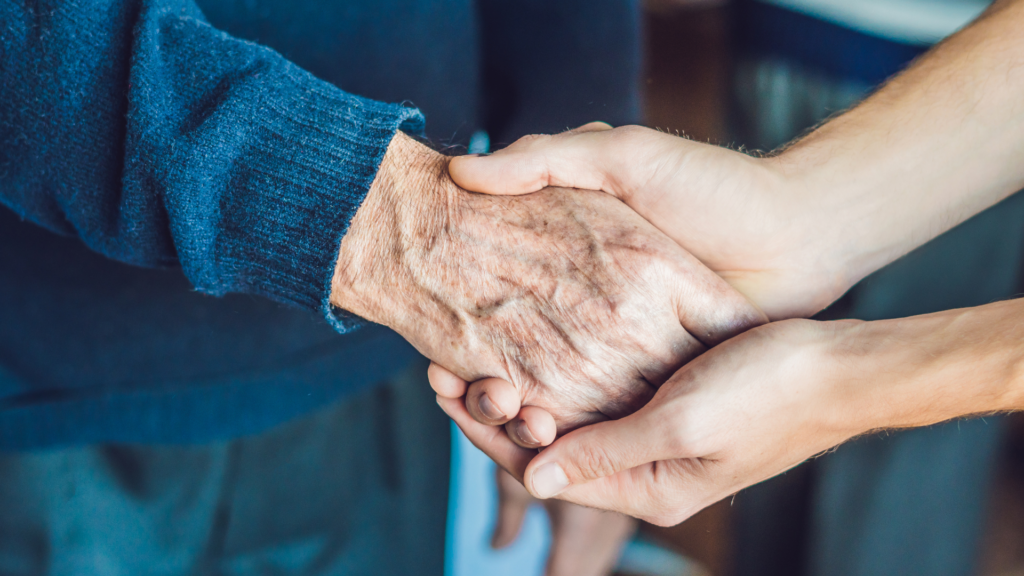
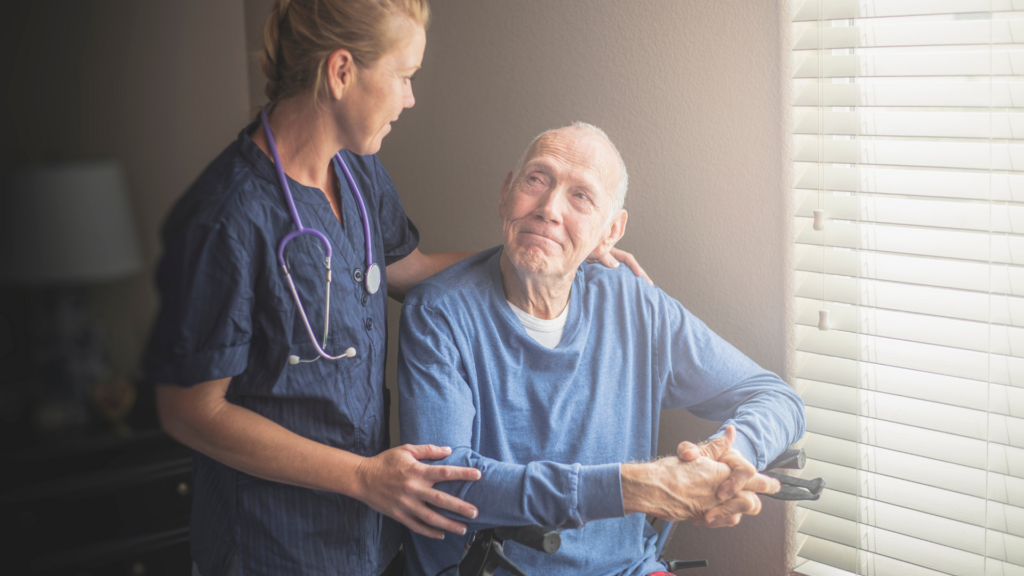
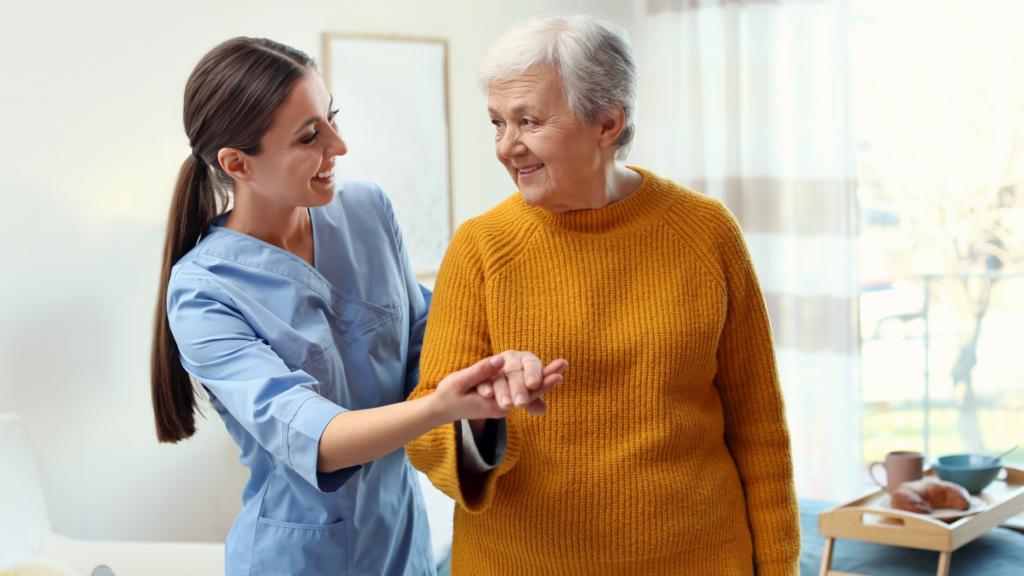
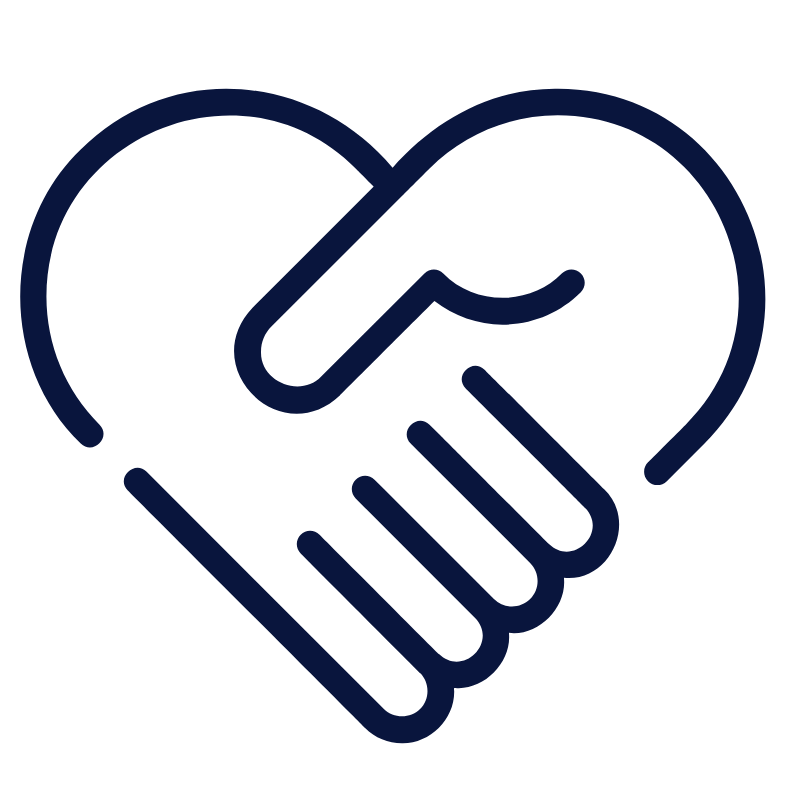

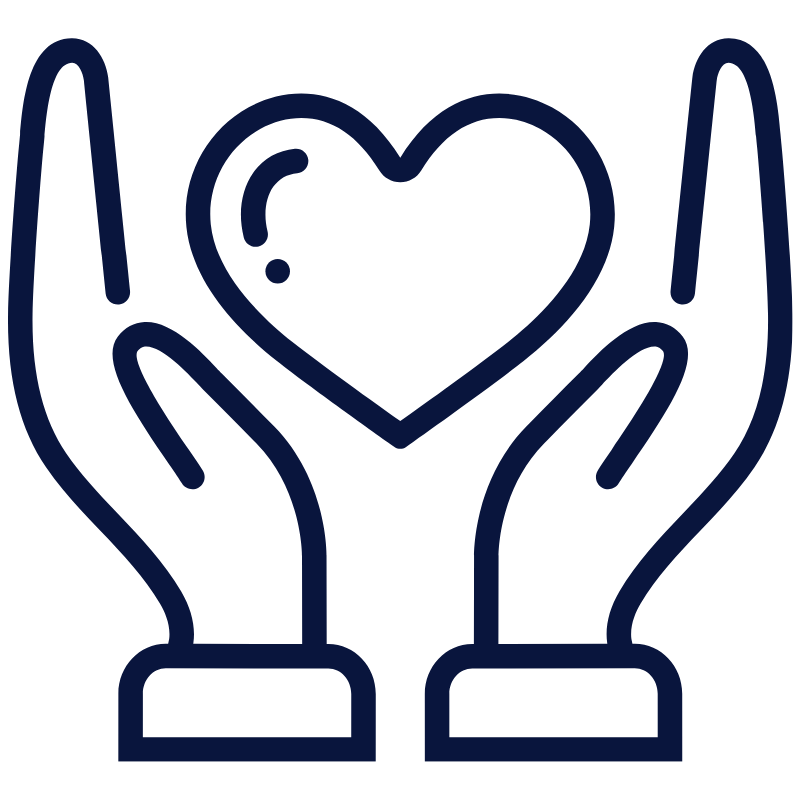
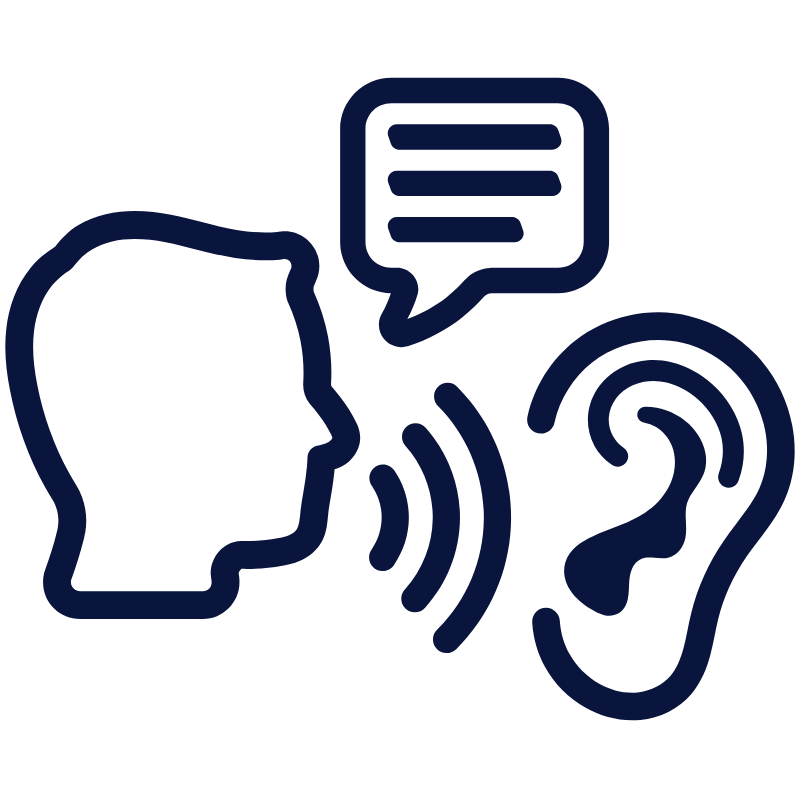



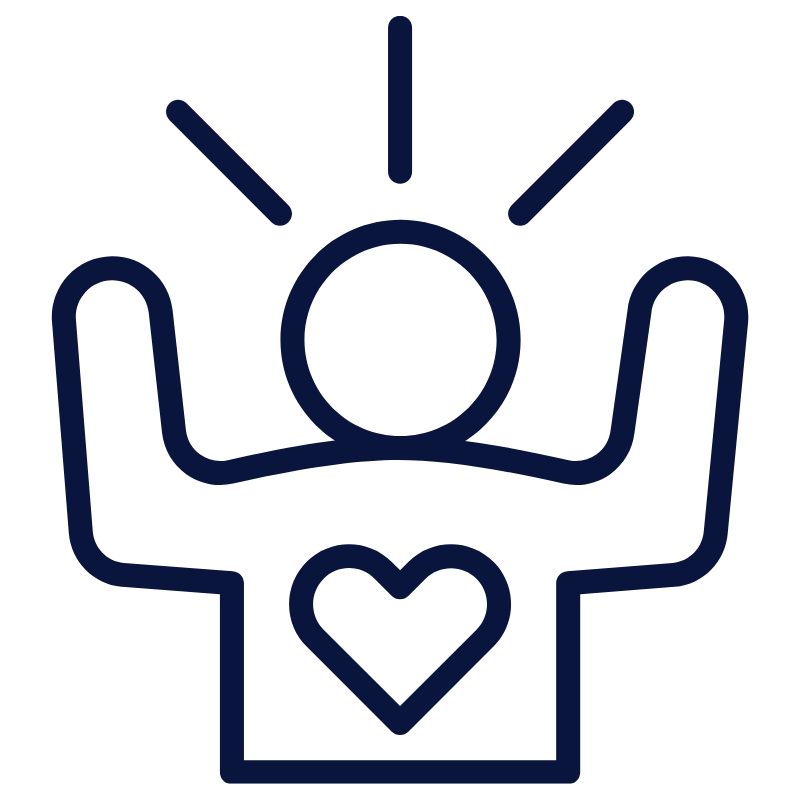
As an 11th Hour volunteer, you will ensure no one completes their life’s journey alone
Provide support in the office: filing, preparing mailings, computer input, answering the phones, special projects, etc.
Help patients and families explore their creative side and express their feelings. Guide them in drawing, painting, sculpture, photography, or other visual arts you have experience in.
Assist with visits, phone calls, support groups, memorial services and send bereavement mailings. Provide help with bereavement tasks to allow the family to focus on remembrance of their loved one.
Visit patients and families at home, nursing homes, and inpatient hospice units. Pay a friendly visit; relieve a family caregiver for an afternoon; accompany a patient on an outing; read aloud; listen to memories; walk the dog; be the high point of someone’s day.
Provide haircuts, shampoos, and styling to patients. Volunteers must have a current cosmetology license.
Help the family reminisce and/or record a patient’s life stories.
Provide friendly touch and massage to patients. Volunteers must have a current massage therapy license.
Help the family and their loved ones reminisce and cope through music. Sing, play music, or gather the patient’s favorite music to provide comfort and care.
Screened and trained pets and their volunteer owners visit patients and provide socialization, comfort, and calming companionship.
Take pictures of the patient and family so they can focus on making memories. Volunteers generally provide a digital copy of photos to the family.
Address spiritual issues at the end of life: meaning, faith, life review, issues related to loss, loneliness, etc.
Meet educational requirements for on-the-job experience while providing care to patients and families. Examples include: social work, counseling, chaplaincy, nursing, physician assistants, business schools, massage therapy, community job programs.
Make supportive phone calls to patients and their families.